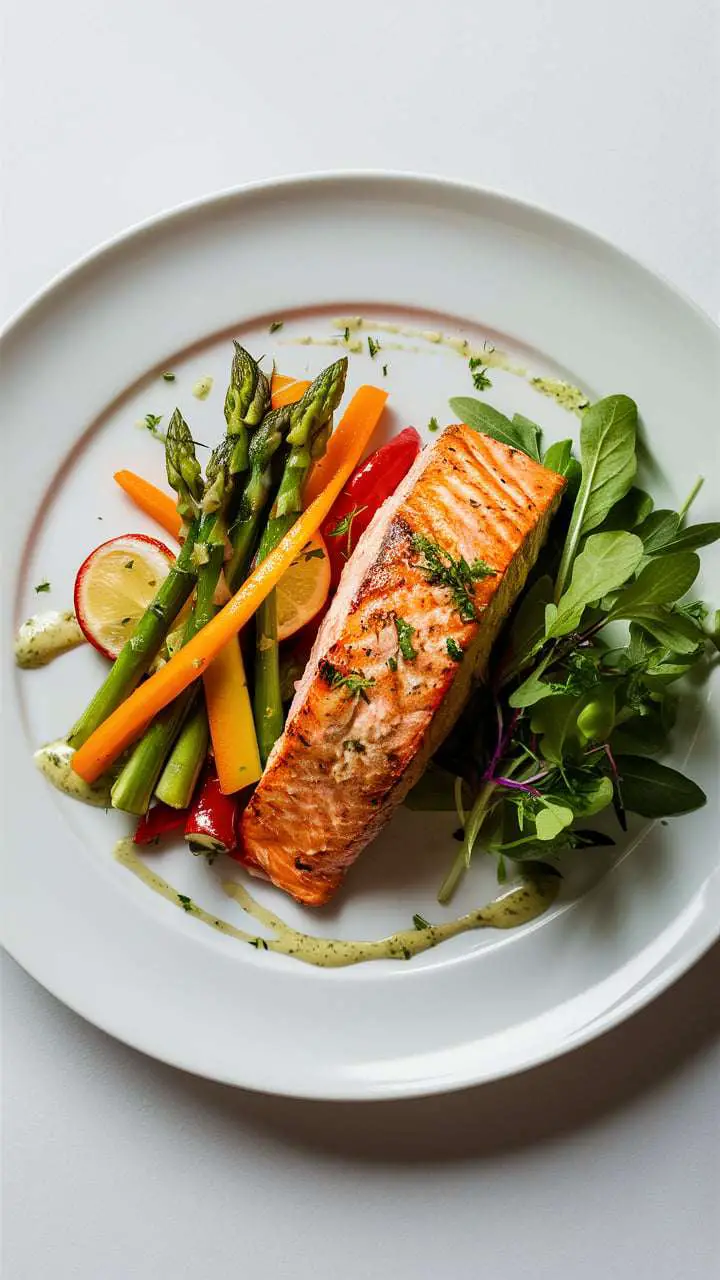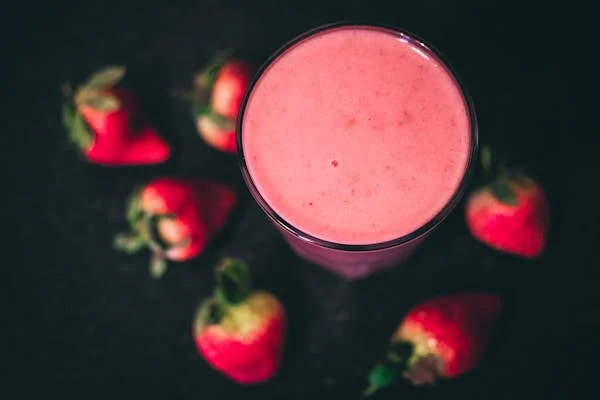Morning sickness is a common challenge during early pregnancy, often causing discomfort and affecting daily routines. While it’s a normal part of pregnancy, managing its symptoms effectively can make a significant difference in your well-being.
One effective approach to alleviate morning sickness is through “managing morning sickness with diet.” You can reduce nausea and improve your general health by making thoughtful meal choices. In addition to meeting your nutritional needs, a balanced diet helps to maintain the health of your digestive tract, which lessens the frequency and intensity of morning sickness.
To assist you in better managing morning sickness, we will discuss both foods to include in your diet and foods to avoid in this article. Learn how minor dietary changes might result in significant gains in comfort and quality of life during this critical period.
Foods to Include:
When it comes to managing morning sickness with diet, choosing the right foods can make a significant difference in how you feel. Some essential foods to include:

- Ginger: Widely known for its anti-nausea properties, ginger can help soothe an upset stomach. You can consume it as ginger tea, ginger ale (made with real ginger), or add fresh ginger to meals. Its natural compounds work to reduce nausea and promote digestive comfort.
- Crackers and Dry Toast: These bland, starchy foods are excellent for settling your stomach. They help absorb excess stomach acid and stabilize blood sugar levels, which can mitigate nausea. Eating a few crackers or a slice of dry toast before getting out of bed can be especially effective.
- Bananas: Rich in potassium, bananas are easy on the stomach and can help replenish lost nutrients due to frequent vomiting. Their mild flavor and smooth texture make them a good choice for easing nausea while providing essential vitamins.
- Lean Proteins: Foods like chicken, turkey, and tofu are good sources of protein without being too heavy. Protein helps keep your energy levels stable and can prevent spikes and drops in blood sugar that might trigger nausea.
- Hydrating Foods: Staying hydrated is crucial, especially if you’re experiencing vomiting. Foods with high water content, such as cucumbers, melons, and soups, help maintain hydration and can be easier to tolerate than plain water.
Incorporating these foods into your diet can support your body in managing morning sickness more effectively, demonstrating how managing morning sickness with diet involves careful selection of what you eat to soothe symptoms and maintain overall health.
Foods to Avoid:
When managing morning sickness with diet, it’s just as important to avoid certain foods that can exacerbate symptoms. What to steer clear of:

- Spicy Foods: Spicy foods can irritate the stomach lining and increase nausea. The strong flavors and spices may also trigger acid reflux, which can worsen morning sickness. Opt for milder seasonings to keep your stomach calm.
- Fatty and Greasy Foods: Foods high in fat, such as fried foods and fatty meats, can slow digestion and lead to increased nausea. They may also cause digestive discomfort and bloating. Stick to lean proteins and avoid rich, heavy meals that can upset your stomach.
- Caffeinated Beverages: Coffee, tea, and caffeinated sodas can aggravate morning sickness. Caffeine is a diuretic and can lead to dehydration, which can worsen nausea. Additionally, caffeine may increase stomach acid, further contributing to discomfort.
- Sugary Foods: Excessive sugar can cause rapid fluctuations in blood sugar levels, which can intensify nausea. Sweet treats and sugary drinks might offer a quick energy boost but can ultimately lead to digestive upset and worsen morning sickness.
By avoiding these problematic foods, you can better manage morning sickness with a diet, helping to reduce symptoms and improve your overall comfort during pregnancy.
Tips for Implementing a Diet:
Successfully managing morning sickness with diet involves not just knowing which foods to eat and avoid, but also how to effectively incorporate these dietary changes into your daily routine. Here are some practical tips:

- Plan Small, Frequent Meals: Eating smaller meals more frequently throughout the day helps keep your stomach from becoming too empty, which can reduce nausea. Aim for 5-6 small meals, including bland foods like crackers and bananas.
- Keep Snacks Handy: Carrying easy-to-digest snacks, such as ginger candies or dry toast, can help manage sudden bouts of nausea. Having snacks on hand ensures you can eat something as soon as you feel hungry, preventing your stomach from getting too empty.
- Stay Hydrated: Drinking plenty of fluids is essential, but sometimes plain water can be hard to keep down. Opt for hydrating foods like cucumbers or watermelon, and try sipping on ginger tea or diluted fruit juices to stay hydrated without overwhelming your stomach.
- Adjust Your Food Choices Based on Cravings: Pay attention to what foods seem to help or worsen your symptoms. Tailoring your diet to include foods you can tolerate while avoiding those that trigger nausea is key to managing morning sickness with diet effectively.
- Incorporate a Balanced Diet: Ensure your meals include a mix of proteins, carbohydrates, and healthy fats. This balance helps stabilize blood sugar levels and provides essential nutrients without overwhelming your digestive system.
By implementing these tips, you can better manage morning sickness with diet, making your meals more manageable and improving your overall comfort throughout pregnancy.
Conclusion:
To sum up, controlling your morning sickness with diet is essential to reducing symptoms and enhancing your overall comfort level throughout your pregnancy. You can significantly improve your daily mood by including healthy foods and avoiding those that worsen nausea.
Making thoughtful meal selections and putting into practice helpful nutritional advice will help you deal with morning sickness more skillfully. Keep in mind that every pregnancy is different, so speak with your doctor to determine the ideal diet for you.
Click to learn more.
FAQs:
What are the best foods to eat for managing morning sickness?
Ginger, crackers, bananas, lean proteins, and hydrating foods are great options. They help soothe nausea and stabilize blood sugar levels.
Which foods should I avoid to reduce morning sickness?
Avoid spicy foods, fatty and greasy items, caffeinated beverages, and sugary foods as they can aggravate nausea and digestive discomfort.
How can I stay hydrated while dealing with morning sickness?
Drink plenty of fluids like water, herbal teas, and diluted fruit juices. Hydrating foods like cucumbers and melons also help maintain hydration.
Is it better to eat small meals frequently or larger meals less often?
Small, frequent meals are preferable. Eating smaller portions more often helps prevent an empty stomach, which can reduce nausea.
Can morning sickness be managed with dietary changes alone?
Dietary changes can significantly help manage morning sickness, but it’s also important to consult with your healthcare provider for a comprehensive approach tailored to your needs.
